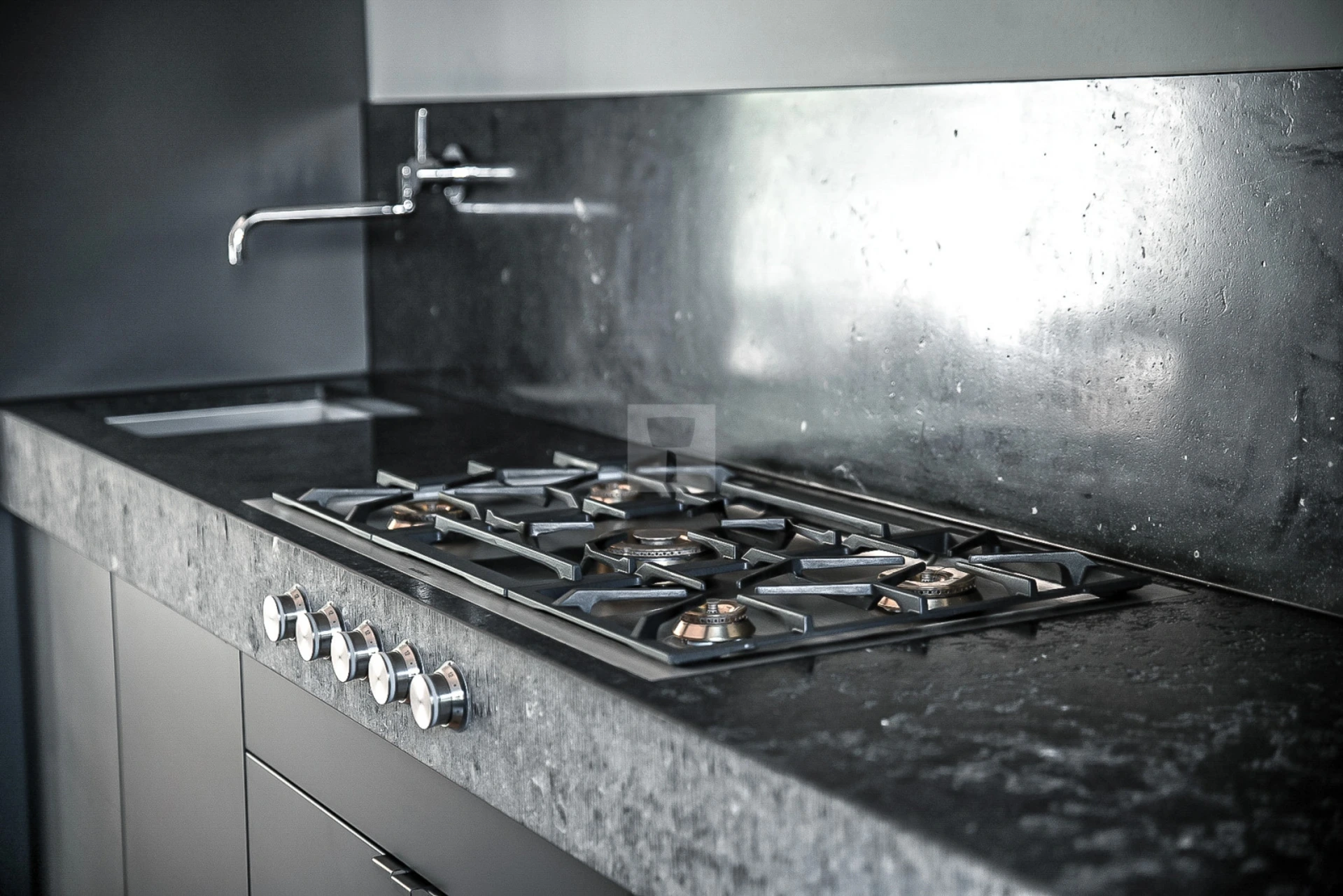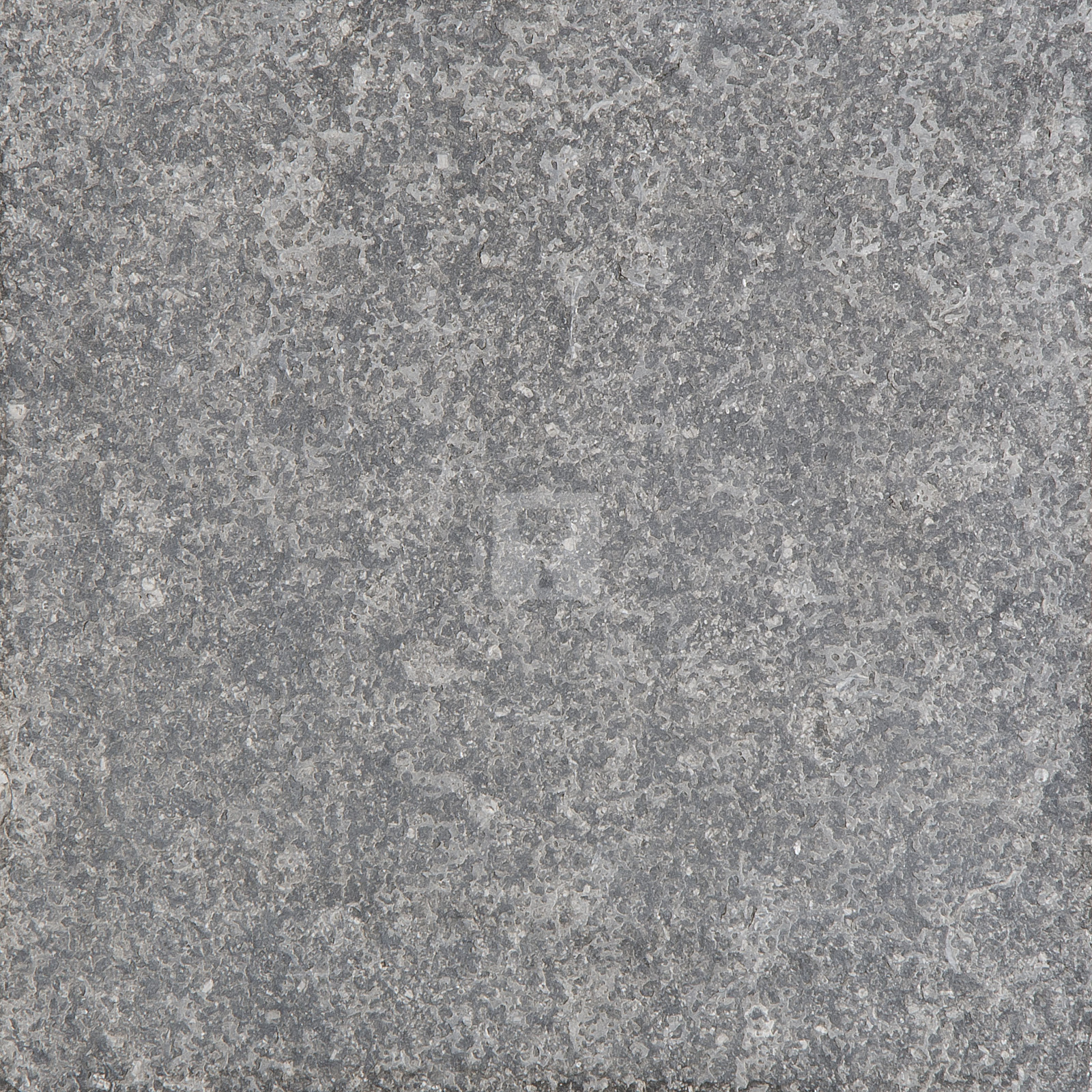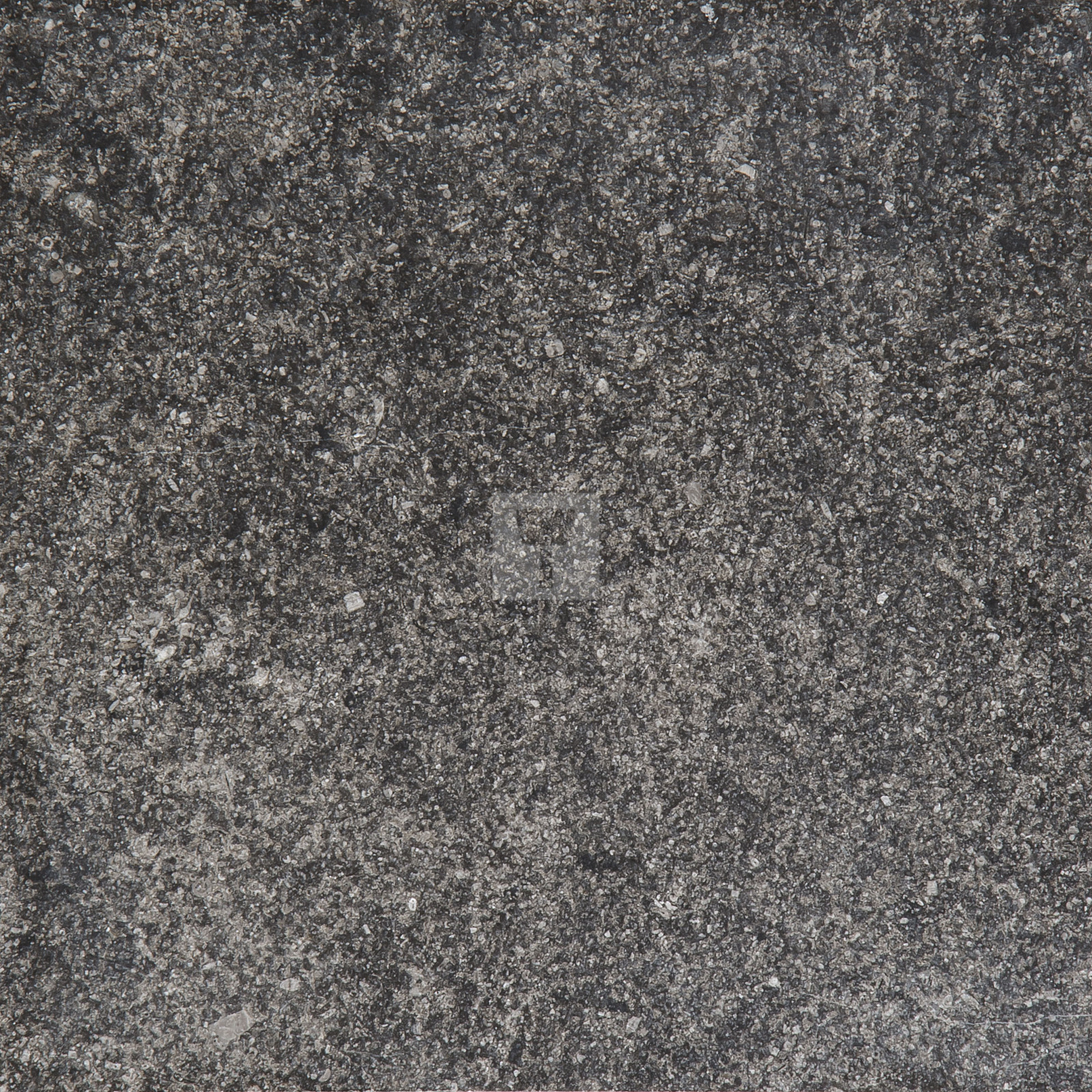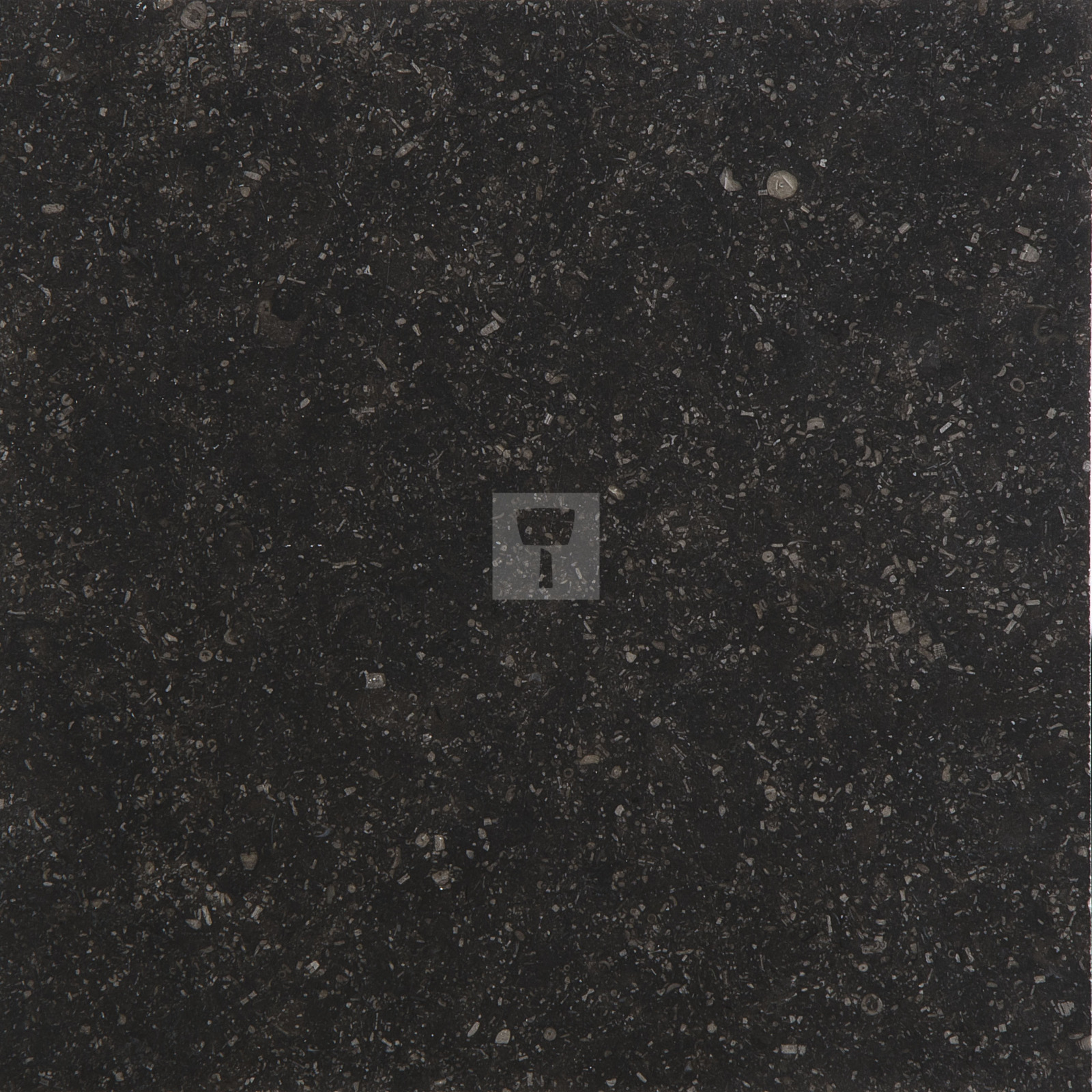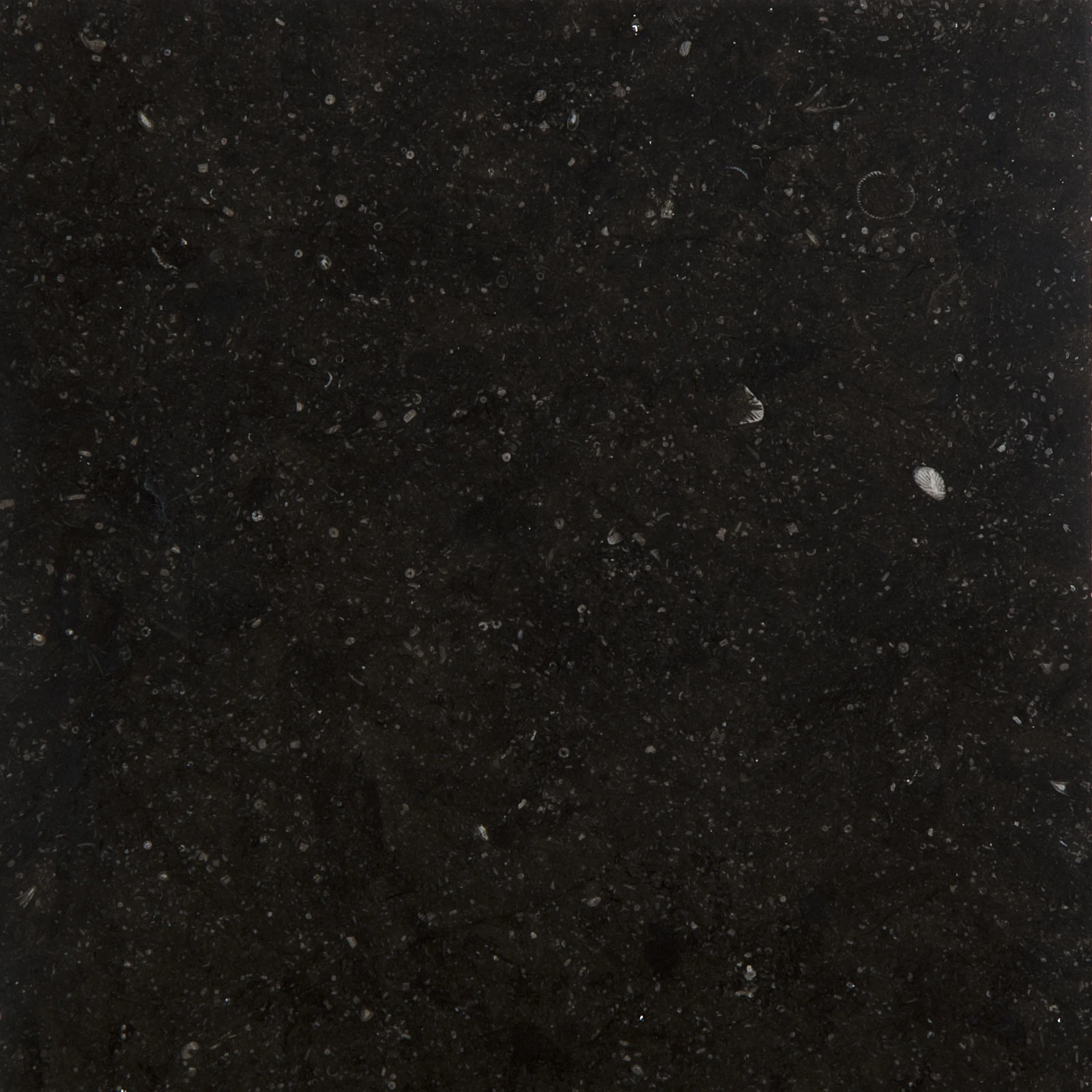The heart of any home, kitchens are about more than eating and preparing meals these days. The ultimate place for small get-togethers, your kitchen must be able to take a beating – and that means a quality worktop is indispensable. Fortunately, a bluestone kitchen worktop is charming and timeless as well as hard-wearing. The material doesn’t stain easily, and maintenance hardly takes any time or effort. Even after an afternoon of baking with the children, you’ll have your bluestone worktop spic and span in no time. Meanwhile, your freshly baked cake is cooling off nicely on the countertop because Belgian bluestone is perfectly heat resistant. You needn’t worry about cleaning dishes either, by the way, as water will not affect your beautiful natural stone.
There’s a reason why bluestone worktops often feature in the finest kitchens. Natural stone is synonymous with quality and exudes nothing but style and sophistication. It makes for an ideal addition to modern kitchens with sleek white or black cupboards, as well as rural interiors with a more natural colour palette. Either way, you can’t go wrong with a kitchen worktop made of polished bluestone or stone with slight irregularities. Just have a look at Carrières du Hainaut’s EnoTouch and light blue honed or dark blue honed finishes and you won’t be able to resist!
Did you know, by the way, that Belgian bluestone only becomes more beautiful as time passes? Its appearance changing slightly over the years, it ultimately ends up looking ‘worn’ yet lovelier than ever. Moreover, bluestone is naturally strewn with white details which are actually calcareous crinoids, or fossil remains of sea lilies. More than 345 million years old, it’s these tiny spots which give bluestone its characteristic appearance.
